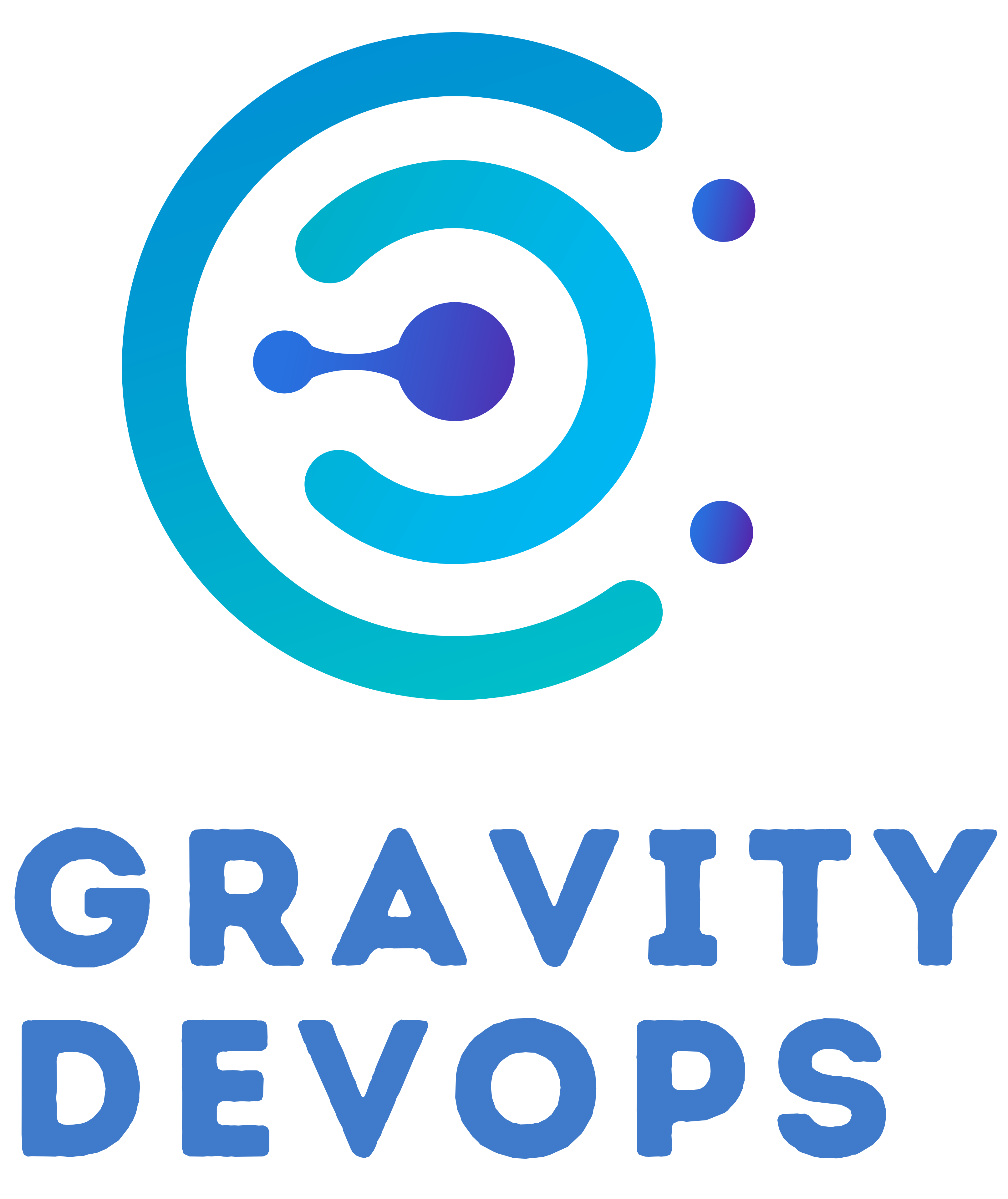DevOps Engineer Salary or average salary for a devops
Welcome to our blog post on DevOps engineer salary! Whether you’re new to the field or already familiar with DevOps, this post will provide you with valuable insights into the salary prospects for DevOps engineers. We’ll explore what factors can influence the salary of a DevOps engineer, discuss the average salary range, and offer tips for maximizing your earning potential. So, let’s dive in!
\What is a DevOps Engineer?
Before we delve into the salary details, let’s briefly define what a DevOps engineer does. In today’s fast-paced software development world, the collaboration between development and operations teams has become crucial. DevOps engineers bridge the gap between these two teams by combining development, operations, and automation expertise.
A DevOps engineer is responsible for streamlining the processes of software development, deployment, and operations. They leverage automation tools, cloud infrastructure, and continuous integration/continuous deployment (CI/CD) pipelines to ensure efficient and reliable software delivery. With a focus on automation, collaboration, and continuous improvement, DevOps engineers contribute significantly to an organization’s success.

Factors Influencing DevOps Engineer Salary
Several factors come into play when determining a DevOps engineer’s salary. Let’s take a closer look at some of the key elements that can influence earning potential:
Experience
Experience is a critical factor in salary determination. The more experience you have as a DevOps engineer, the higher your earning potential. Employers often value candidates who have hands-on experience working with different technologies and tools in a DevOps environment. As you gain experience, you become more proficient and knowledgeable, making you an asset to any organization.
Location
Your geographical location can have a significant impact on your salary as a DevOps engineer. Salaries tend to vary based on the local demand for skilled professionals and the cost of living in that area. Tech hubs like Silicon Valley, Seattle, and New York City often offer higher salary ranges due to the high demand for DevOps engineers.
Skills and Certifications
In addition to experience, the specific skills and certifications you possess can also influence your salary. DevOps engineers proficient in popular tools such as Docker, Kubernetes, Ansible, Puppet, and Chef are highly sought after and can command higher salaries. Additionally, certifications like AWS Certified DevOps Engineer or Azure DevOps Engineer Expert can demonstrate your expertise and potentially increase your earning potential.

Company Size and Industry
The size of the company you work for and the industry it operates in can impact your salary as a DevOps engineer. Larger companies often have bigger budgets and can offer higher salaries. Similarly, industries such as finance, healthcare, and technology tend to pay higher salaries for skilled DevOps professionals due to the critical nature of their operations.
Educational Background
While a bachelor’s degree in computer science or a related field is often preferred, it’s not always a strict requirement for becoming a DevOps engineer. However, holding a relevant degree can give you an advantage during the hiring process and potentially lead to higher starting salaries. Additionally, pursuing advanced degrees or specialized certifications can further enhance your earning potential.
Average Salary Range for DevOps Engineers
Now that we’ve discussed the factors that influence salary, let’s explore the average salary range you can expect as a DevOps engineer. It’s important to note that salaries can vary significantly based on the factors mentioned earlier.
According to a survey conducted by PayScale, the average salary for a DevOps engineer in the United States ranges from $72,000 to $142,000 per year. However, it’s important to remember that these figures represent the average range and may not reflect the full spectrum of salaries.
Entry-level DevOps engineers with limited experience can expect to earn salaries on the lower end of the scale, typically in the range of $72,000 to $95,000. As you gain more experience and expertise, your earning potential will increase. Mid-career DevOps engineers with 5-9 years of experience can expect to earn salaries ranging from $90,000 to $120,000.
Senior DevOps engineers with extensive experience and leadership roles can command higher salaries. Salaries for senior DevOps engineers typically range from $110,000 to $142,000 or more, depending on location, skills, and industry.
Tips for Maximizing Your DevOps Engineer Salary
Now that you have an understanding of the factors influencing a DevOps engineer’s salary, let’s explore some tips for maximizing your earning potential:
Continuously Upgrade Your Skills: Stay up to date with the latest technologies, tools, and industry trends. Continuous learning and professional development will make you a valuable asset and potentially lead to salary growth.
Build a Solid Portfolio: Showcasing your projects and contributions can significantly impact your salary negotiations. A portfolio that demonstrates your problem-solving abilities and successful implementations can set you apart from other candidates.
Network and Collaborate: Engage with professionals in the DevOps community, attend conferences, and participate in forums. Building a strong professional network can open doors to new opportunities and increase your visibility in the industry.
Seek Challenging Projects: Taking on challenging projects that push your limits can help you refine your skills and gain valuable experience. Working on innovative projects can also enhance your marketability and increase your earning potential.
Negotiate Your Salary: When considering a job offer or during performance evaluations, don’t hesitate to negotiate your salary. Research market rates, gather information about industry standards, and confidently articulate your value to the organization.
In Conclusion
Becoming a DevOps engineer can lead to an exciting and rewarding career. While salary is an important aspect to consider, it’s equally important to focus on continuous learning, growth, and professional development. By staying up to date with the latest technologies, building a strong portfolio, and networking with professionals in the field, you can maximize your earning potential as a DevOps engineer.
Remember, the salary range provided in this post is an average, and actual salaries can vary based on a variety of factors. Always conduct thorough research and consider various elements when negotiating your salary or exploring new job opportunities.
We hope this blog post has provided you with valuable insights into the salary prospects for DevOps engineers. If you’re passionate about automation, collaboration, and continuous improvement, a career in DevOps might be just the path for you. Take the necessary steps to enhance your skills, explore new opportunities, and enjoy the exciting journey of a DevOps engineer!
Frequently Asked Questions (FAQs)
Below are some frequently asked questions related to DevOps engineer salaries:
1. How is the salary of a DevOps engineer determined?
The salary of a DevOps engineer is determined by factors such as experience, skillset, education, certifications, industry, and geographical location.
2. Are there significant salary variations between different levels of experience?
Yes, there can be significant salary variations between entry-level DevOps engineers and experienced professionals due to differences in skillset and expertise.
Which industries offer the highest salaries for DevOps engineers?
Industries such as tech giants, software companies, and financial institutions often offer the highest salaries for DevOps engineers.
3. Can certifications impact a DevOps engineer’s salary?
Yes, certifications specific to DevOps, such as AWS Certified DevOps Engineer or Certified Kubernetes Administrator, can positively impact a DevOps engineer’s earning potential.
What additional benefits and perks can DevOps engineers expect?
DevOps engineers can expect additional benefits such as performance-based bonuses, profit-sharing, stock options, health insurance coverage, retirement plans, and flexible work arrangements.
4. What are some essential tips for negotiating a higher salary as a DevOps engineer?
Essential tips for negotiating a higher salary as a DevOps engineer include understanding your worth, emphasizing skills and experience, and demonstrating value and contributions to potential employers.
5. What is the predicted future outlook for the DevOps engineering profession?
The future outlook for DevOps engineering remains bright, with increasing demand, growth opportunities, and the need for ongoing training and professional development.



